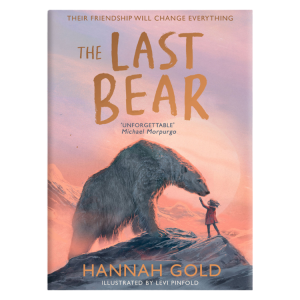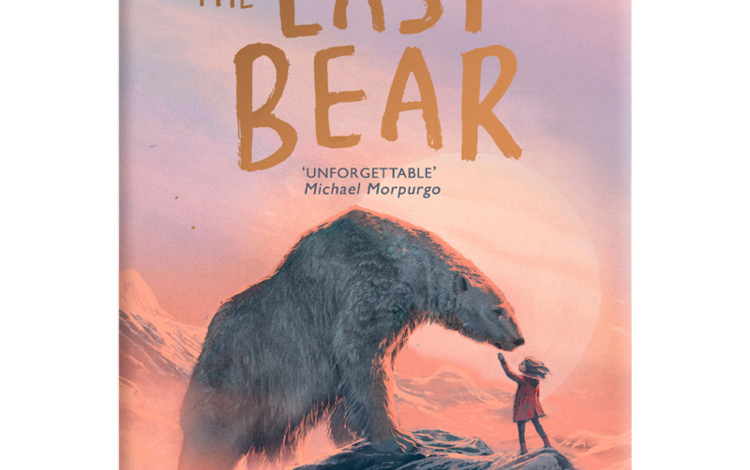 Just in time for Earth Day 2021, Hannah Gold’s debut novel, The Last Bear calls us all to do one thing in the planet’s best interest. Naturally, the efforts of the novel’s protagonist, eleven-year-old April Wood, are much bigger since she rescues a polar bear!
Just in time for Earth Day 2021, Hannah Gold’s debut novel, The Last Bear calls us all to do one thing in the planet’s best interest. Naturally, the efforts of the novel’s protagonist, eleven-year-old April Wood, are much bigger since she rescues a polar bear!
Despite the fanciful aspects of Gold’s novel that targets middle grade readers, this is a book with more than an environmentalist message. It speaks to animal lovers and to lonely children, to those of us who have lost a parent and those who feel neglected and adrift.
Set on Bear Island in the Arctic Circle, the story revolves around April, a soft-souled, gentle girl who possesses a rare affinity for animals and can communicate with them. She sees things that are unspoken and reads the world and the people in it in a different way—behaviors that match those of her deceased mother.
Her father Edmund, a scientist who researches weather patterns, has been stationed on Bear Island to collect meteorological data. Edmund describes the island as a place of wonder: “For centuries, people have been drawn to these parts of the world. Some come for science. Some come for discovery. Others come for reasons they don’t even understand themselves” (27). Though he doesn’t give words to his reason, Edmund hopes to escape his grief, a grief that he tries to drown in the classical music of Mozart.
He goes on to describe friluftsliv, a Norwegian word that literally translates as “open-air life” and expresses an enjoyment for the outdoors. For April, it is a word that sounds like “mermaids, enchanted forests, or something ethereal and magic” (29).
While her father is distracted by his work and by his grief for his deceased wife, April is largely left to explore on her own. On one of her excursions, she encounters a lone polar bear, even though there are “no polar bears” left on Bear Island due to the melting ice caps. Over time, the two form a bond on this island that has a mysterious current all its own. Once April learns Bear’s story, the two get happily lost in friendship—a friendship with a power to save the world. She tells Bear her deepest secrets, that she wouldn’t mind a new mom. “Someone to make the house warm when [she] comes home from school, who’ll ask [her] all sorts of questions about [her] day and maybe even take [her] to a real hairdresser once in a while” (118).
April is determined to save Bear, to return him from Walrus Bay on Bear Island to Svalbard. The undertaking will be dangerous—perhaps even impossible—but trying trumps doing nothing in April’s brain. So, despite her fear and the danger involved, she concocts and executes a plan, although it may not be a good plan.
While reading Gold’s book, young readers will likely learn that “human beings are very good at doing nothing” (209), and may decide—like April—that they “don’t want to be that kind of person anymore” (209). Readers will further glean that the ocean is a world of mystery, one that man can never hope to fully understand, but Gold shares some websites that will help us to become agents of change: the World Wildlife Fund—an organization leading the charge in wildlife conservation and the protection of endangered species—and the Polar Institute.
- Posted by Donna

